South Korea is carrying out many activities to strengthen its defense capabilities and prepare for the ability to respond to threats.
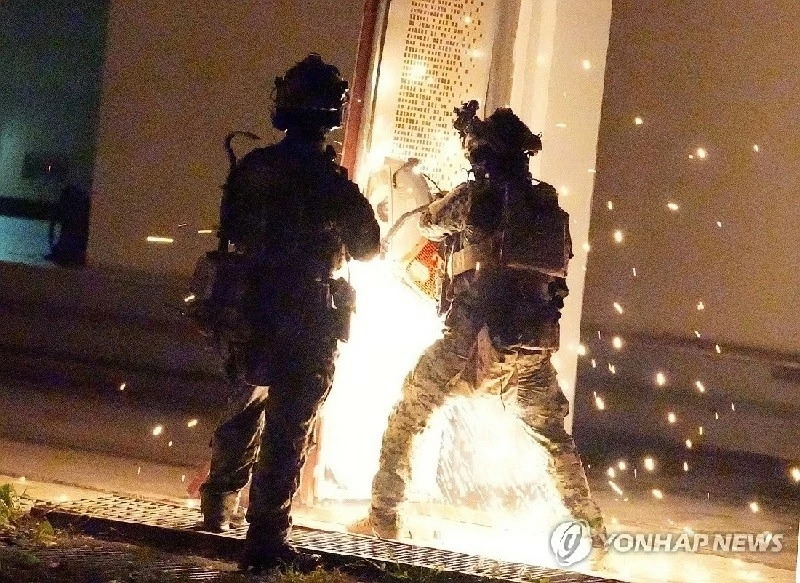 |
| South Korean soldiers during a special operations exercise at the Army Special Warfare School in Gwangju, 32 km southeast of Seoul. |
Yonhap news agency reported that on August 28, the National Intelligence Service of South Korea (NIS) said that the country's military is upgrading its Air and Missile Defense System (KAMD) to respond to the new type of tactical ballistic missile launchers that North Korea has just announced.
According to Mr. Lee Seong Kwon, a member of the South Korean National Assembly's Intelligence Committee, the country's military is taking measures to increase its defense capabilities, but detailed information has not been made public.
South Korea’s move comes after North Korea announced on August 5 that it had delivered 250 new tactical ballistic missile launchers to frontline military units. Each launcher is capable of mounting four short-range ballistic missiles (CRBMs).
If North Korea deploys these launchers on the front line, the missiles could strike South Korea’s North and South Chungcheong provinces, the NIS said. However, the spy agency doubts North Korea’s ability to supply missiles to the new launchers.
On August 29, South Korea and the United States also concluded the 11-day Ulchi Freedom Shield 2024 joint exercise and the 5-day special operations exercise.
The special operations exercise, aimed at enhancing reconnaissance and target attack capabilities, took place at the Army Special Warfare School in Gwangju, 32 kilometers southeast of the capital Seoul.
The event featured troops from the Army Special Warfare Command, the Air Force Combat Control Team and the 2nd Combat Aviation Brigade.
In another development, on the same day, South Korean President Yoon Suk Yeol said he does not believe the United States will accept North Korea as a nuclear state regardless of who is elected president next November.
The leader also affirmed that security cooperation between South Korea, Japan and the United States will continue despite changes in leadership.
Source: https://baoquocte.vn/han-quoc-hanh-dong-ung-pho-vu-khi-moi-cua-trieu-tien-mot-long-tin-tuong-washington-284315.html




![[Photo] General Secretary To Lam attends the 80th anniversary of Vietnam's diplomacy](https://vstatic.vietnam.vn/vietnam/resource/IMAGE/2025/8/25/3dc715efdbf74937b6fe8072bac5cb30)




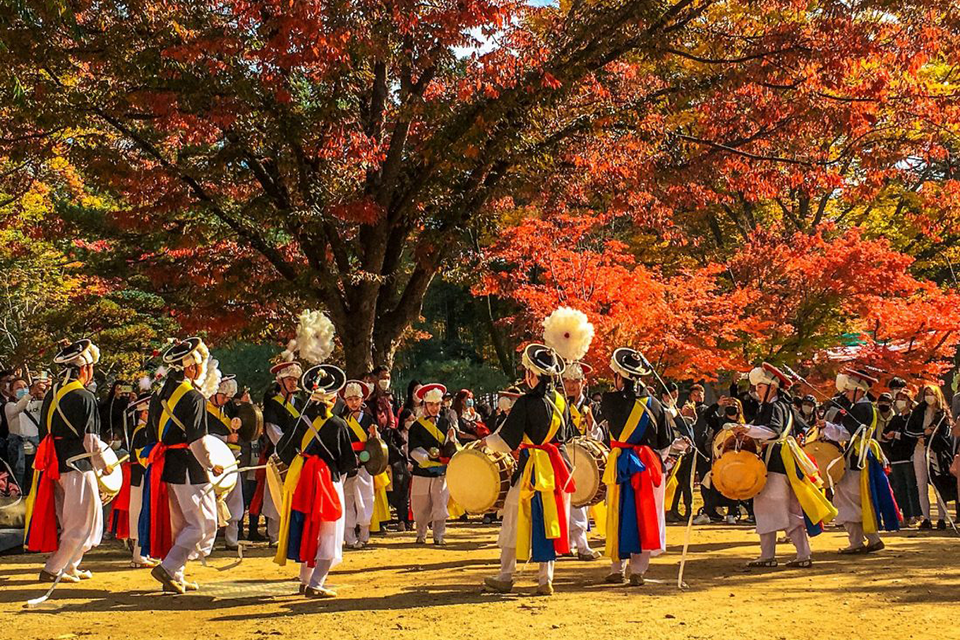

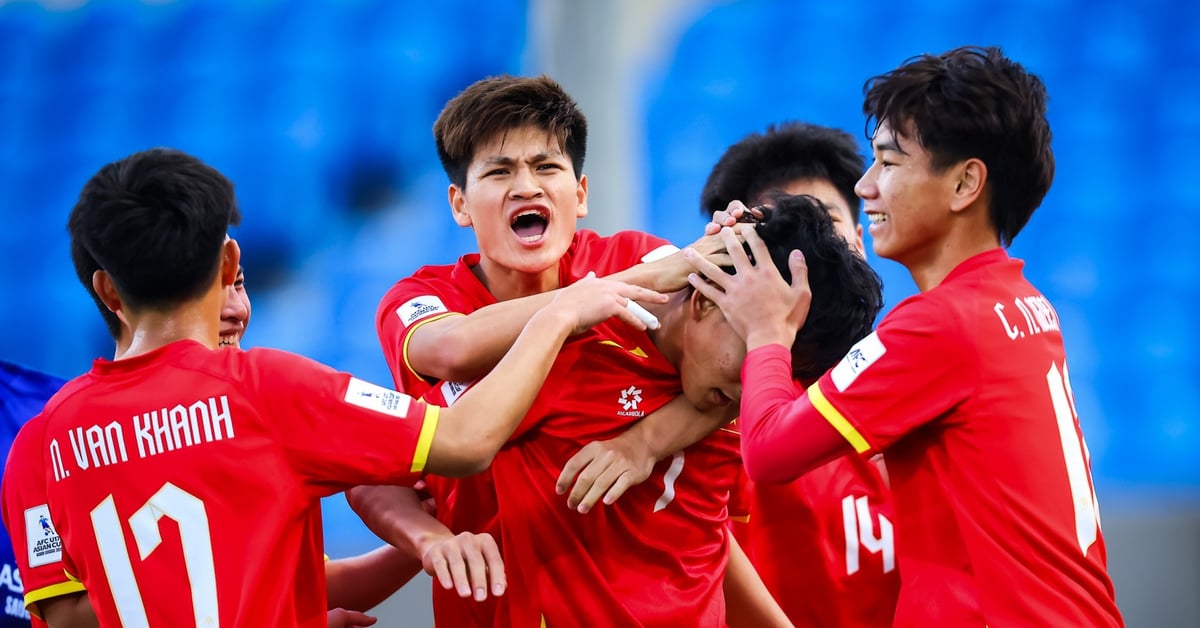

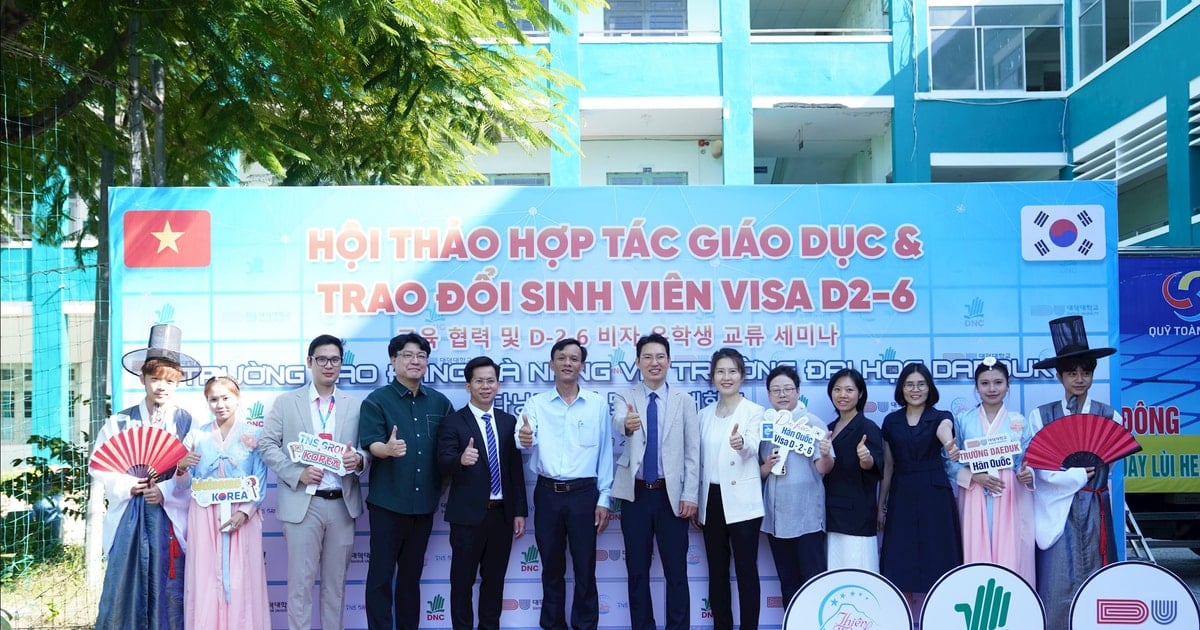

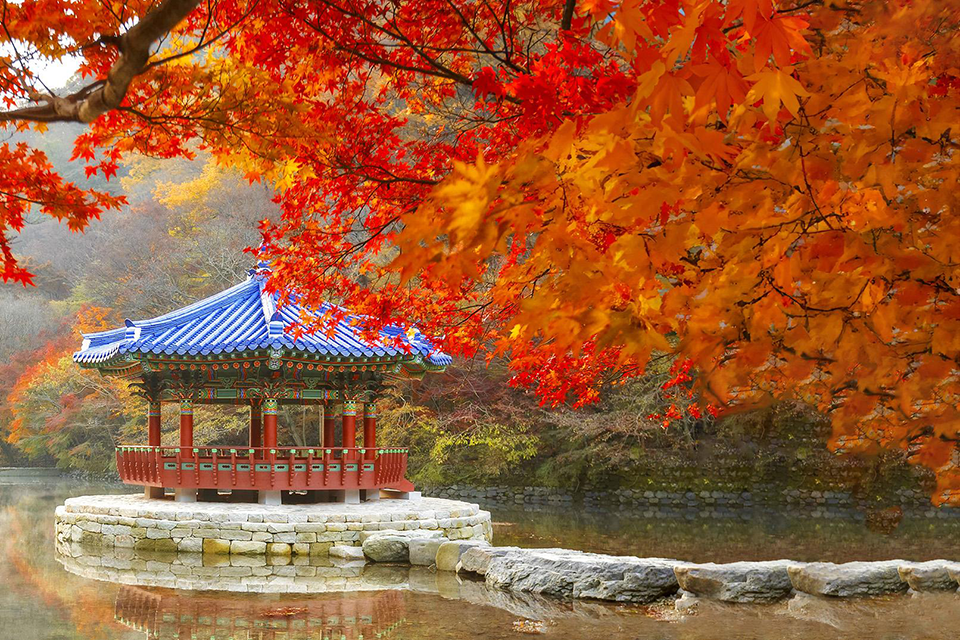
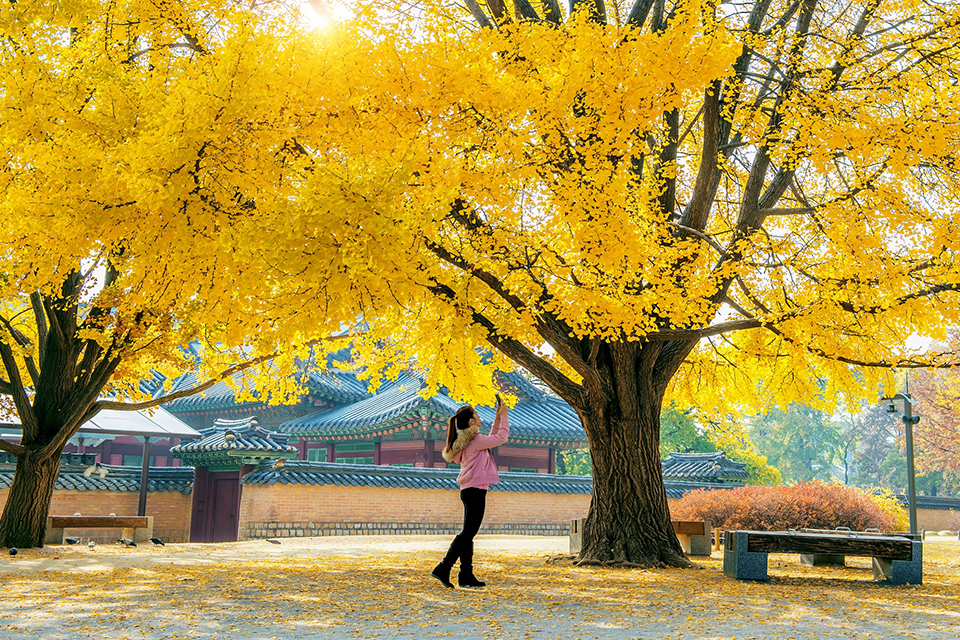


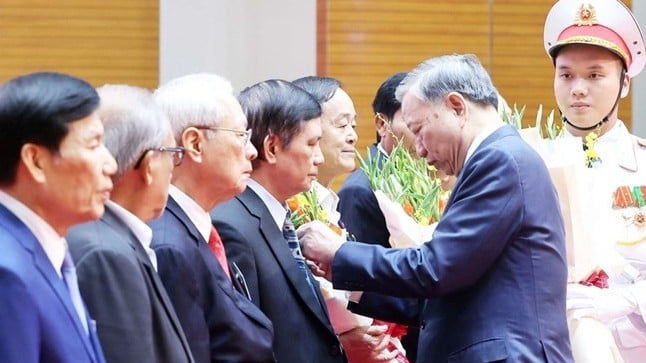

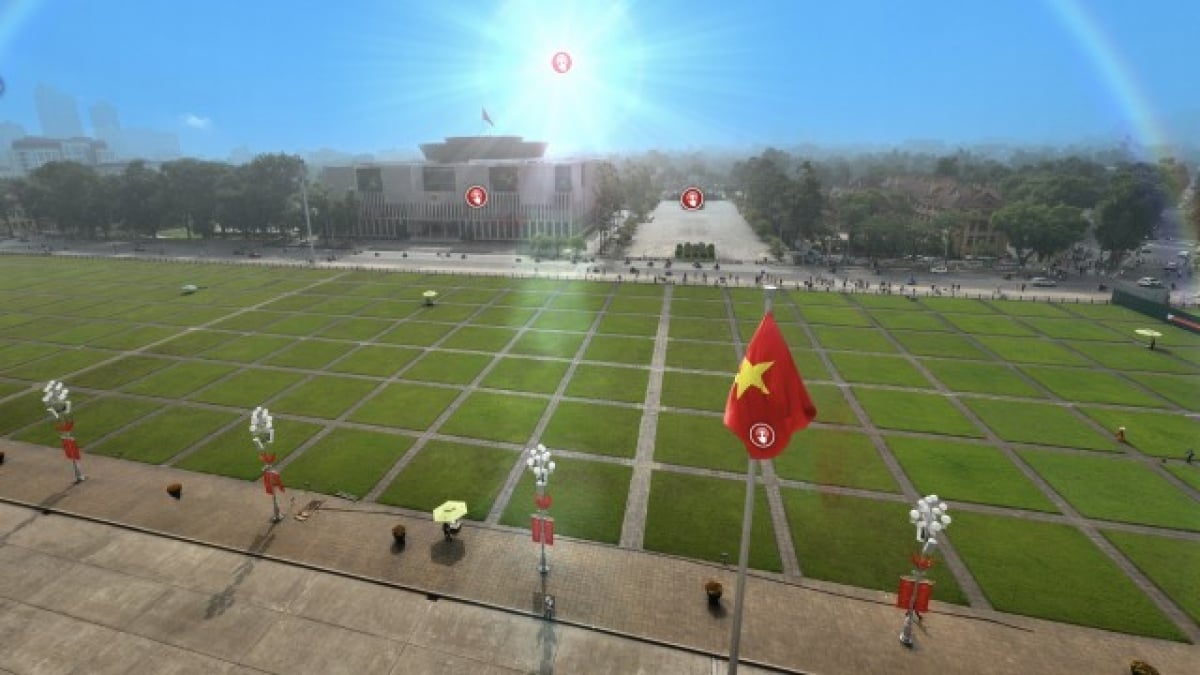
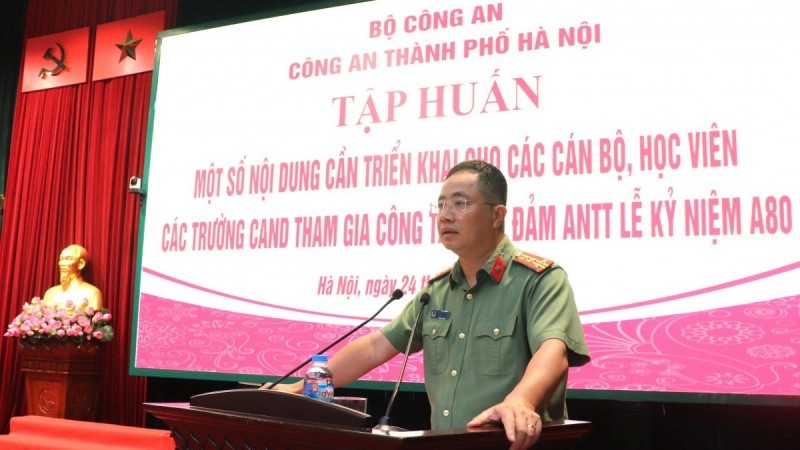
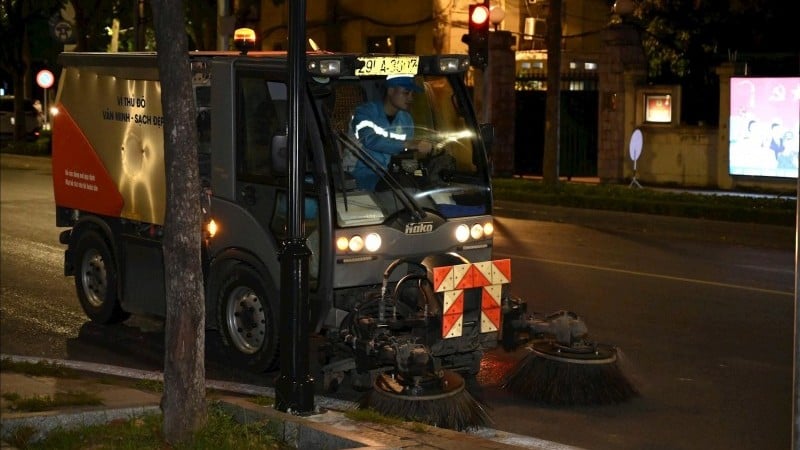
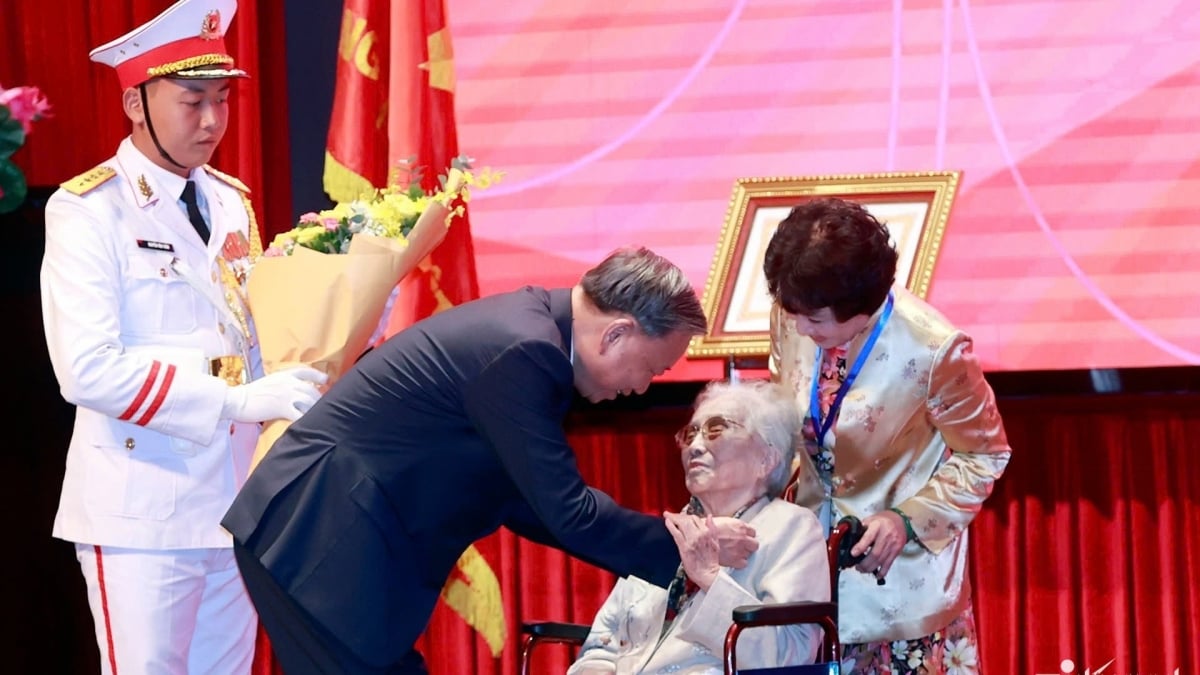
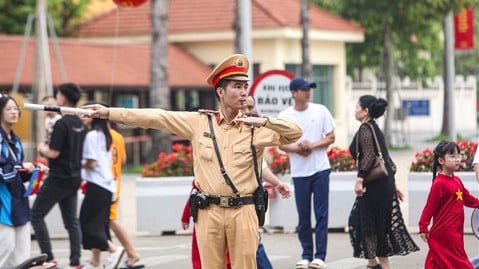




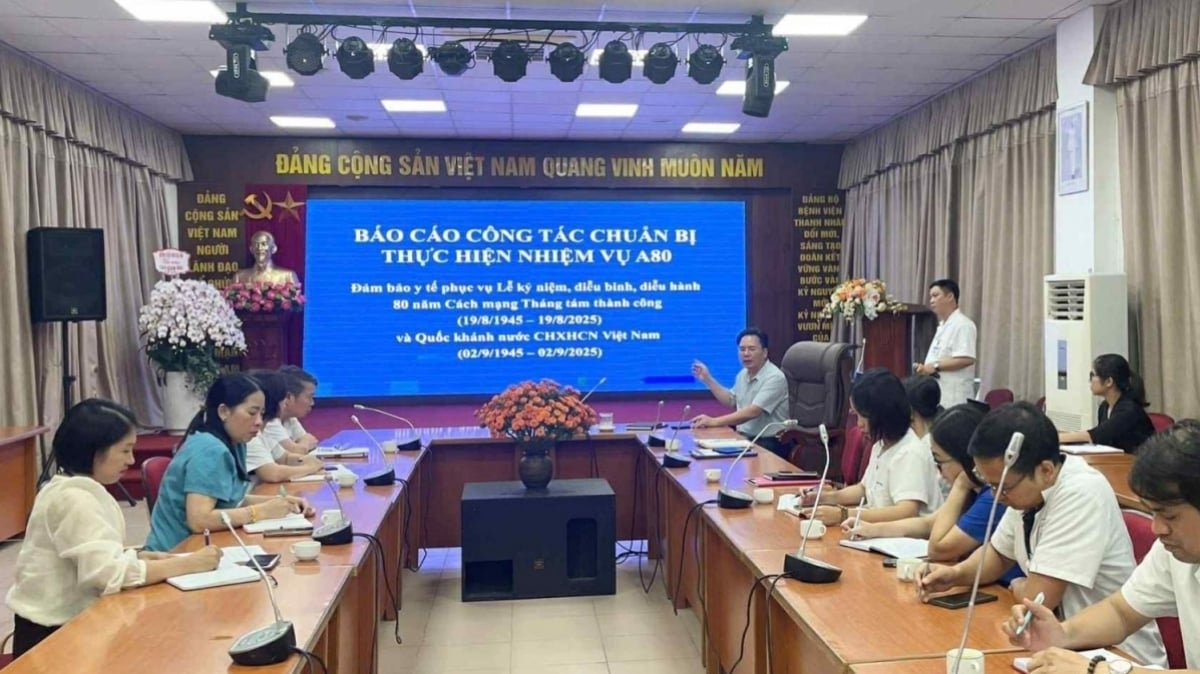
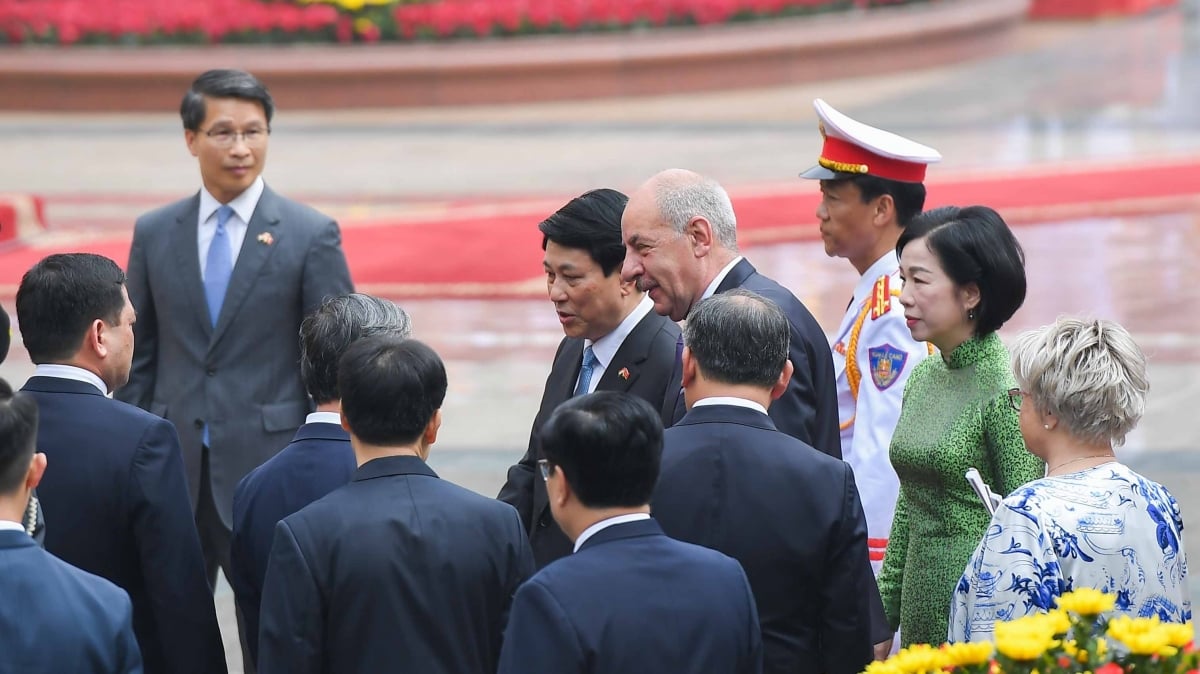

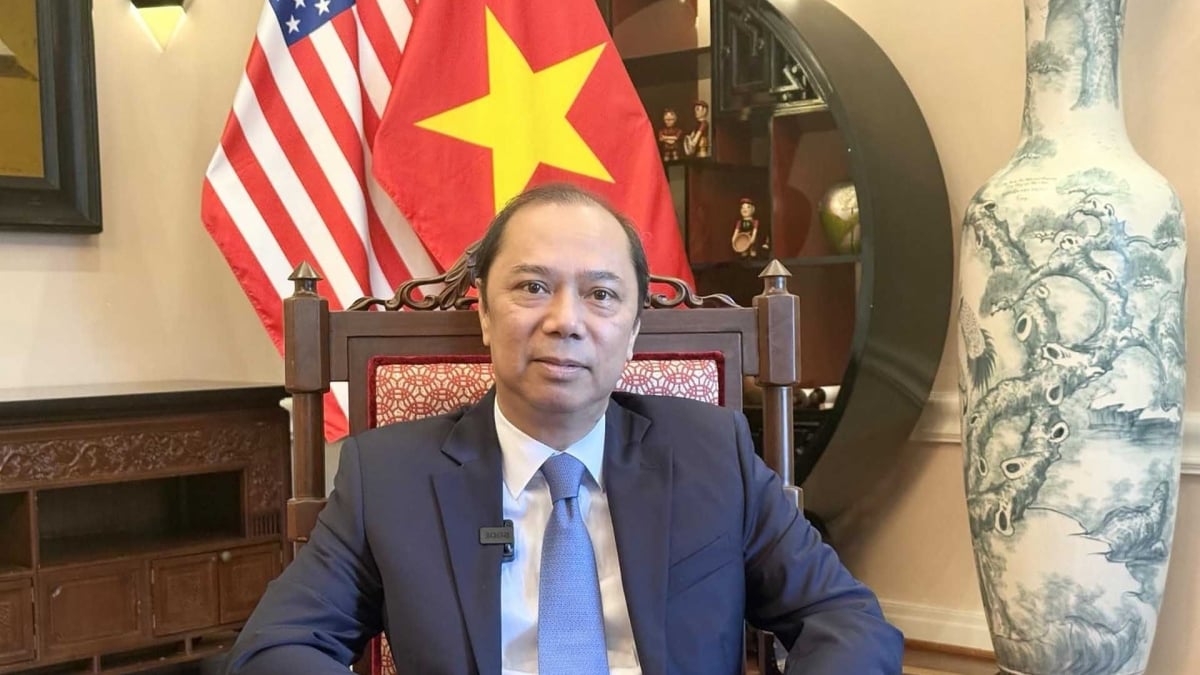
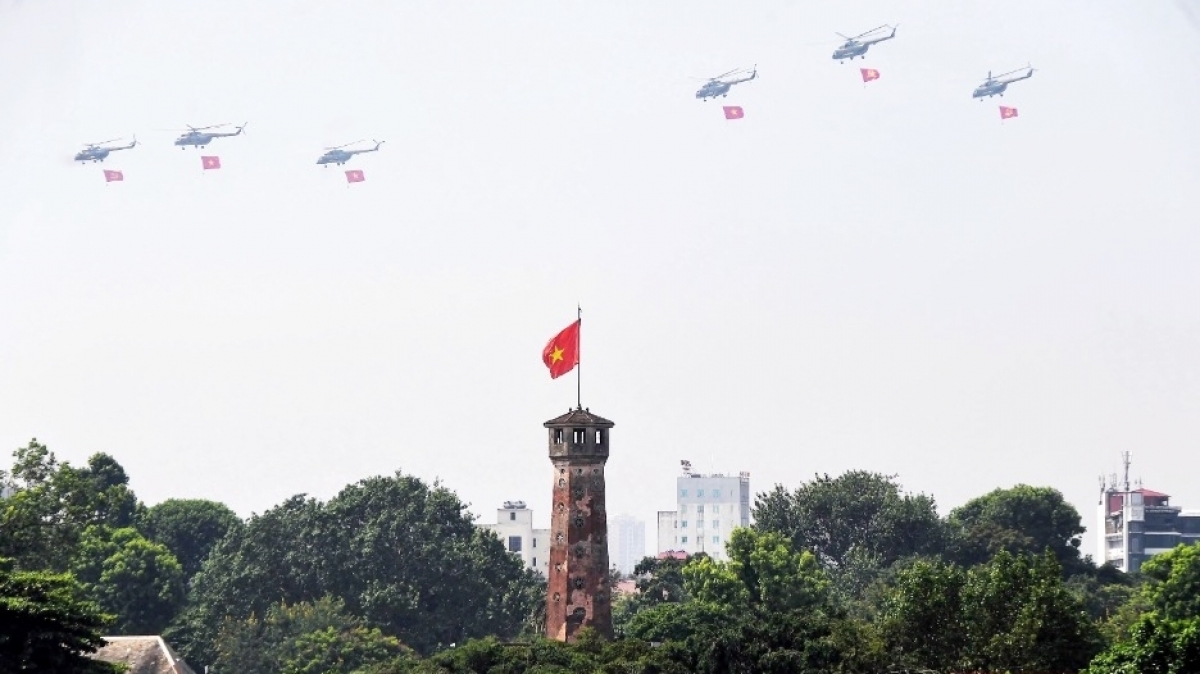
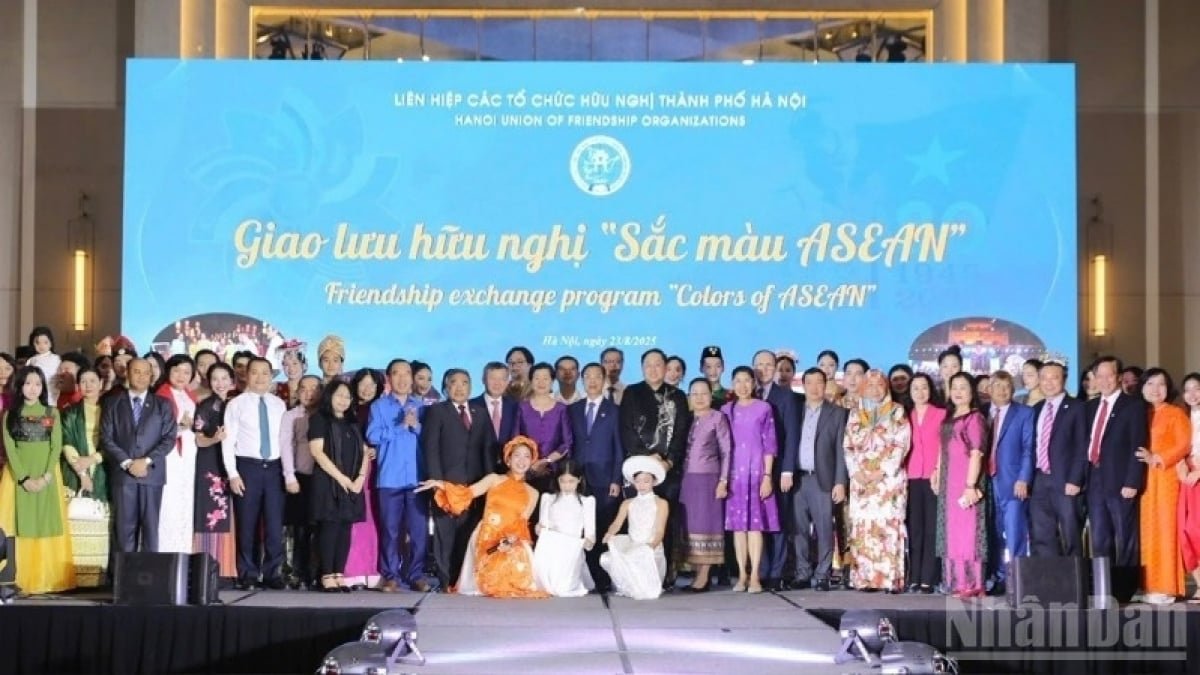



















































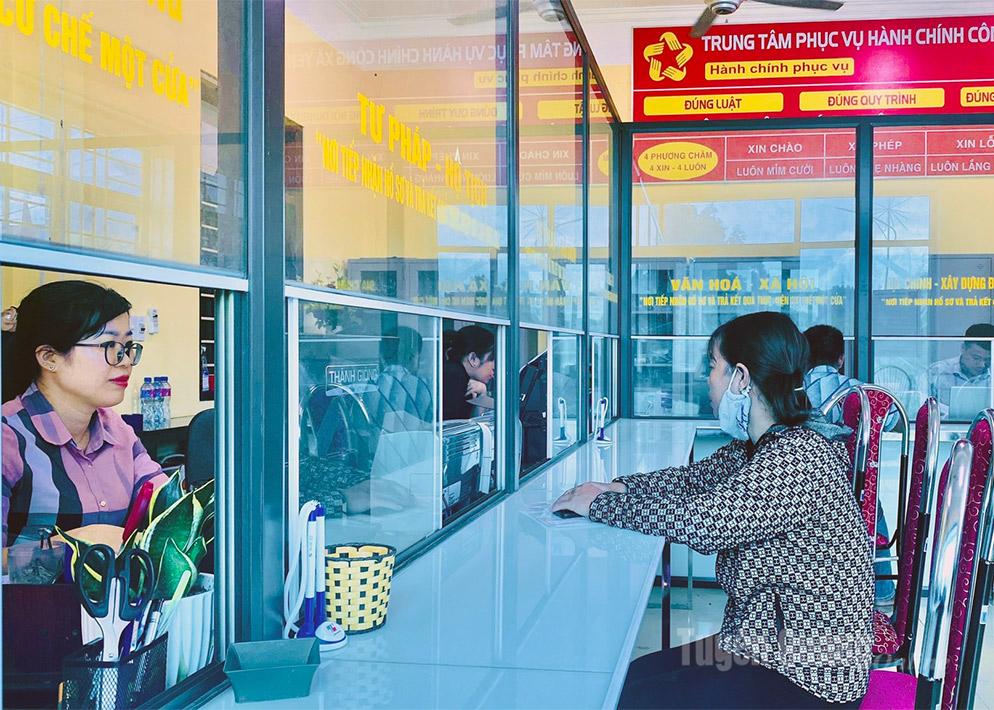
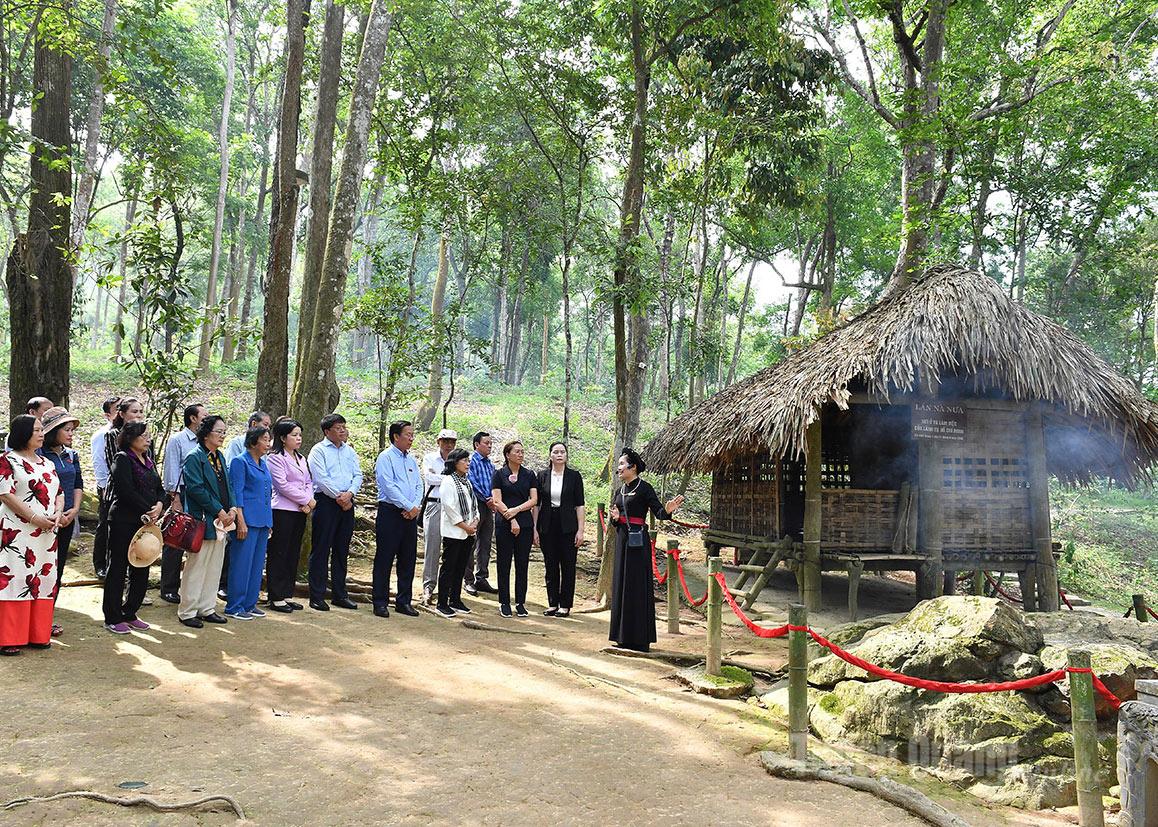
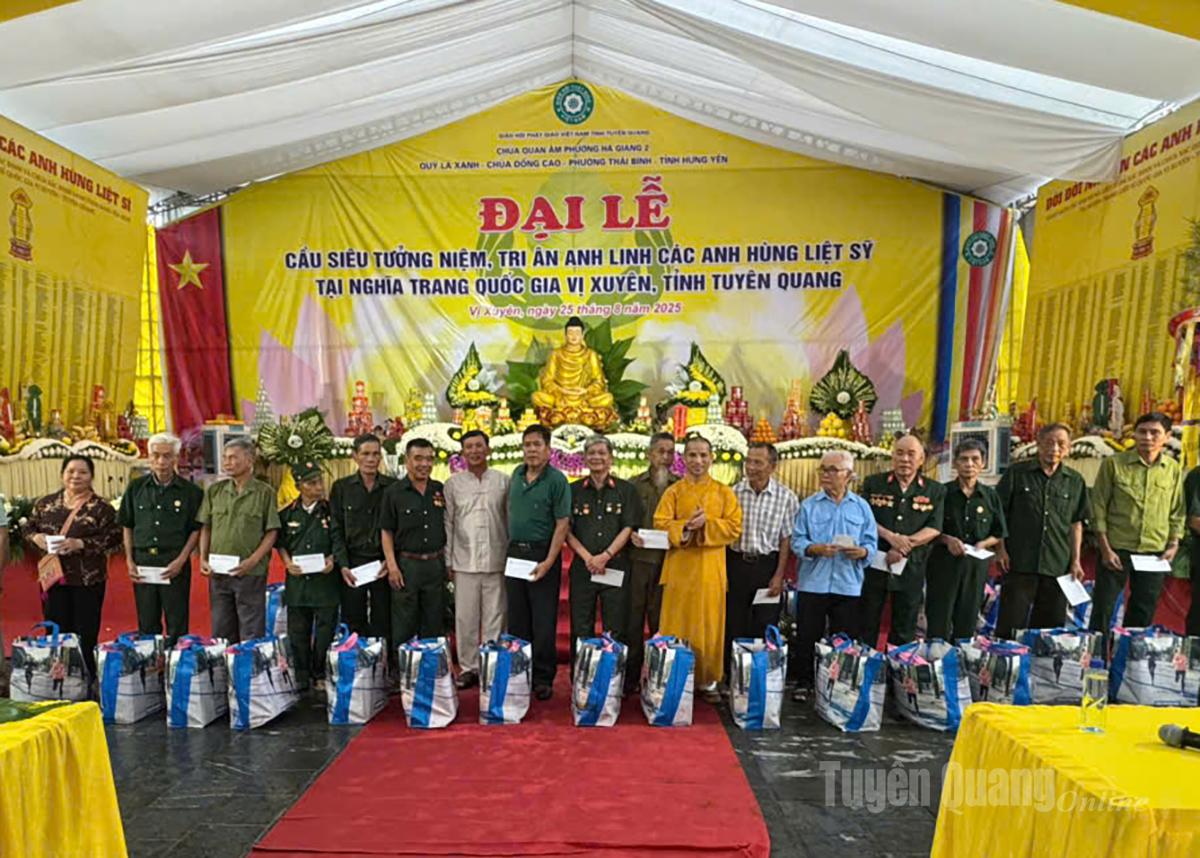
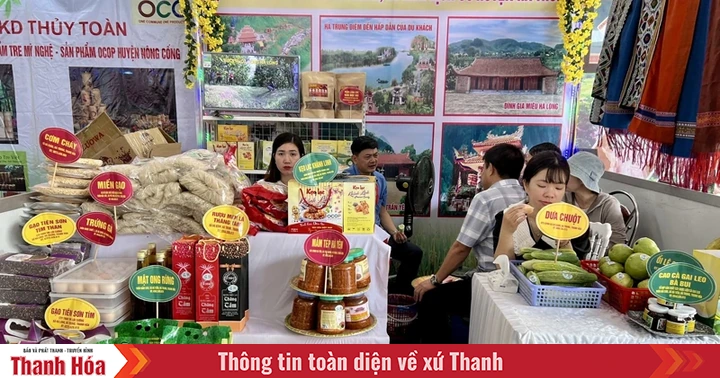

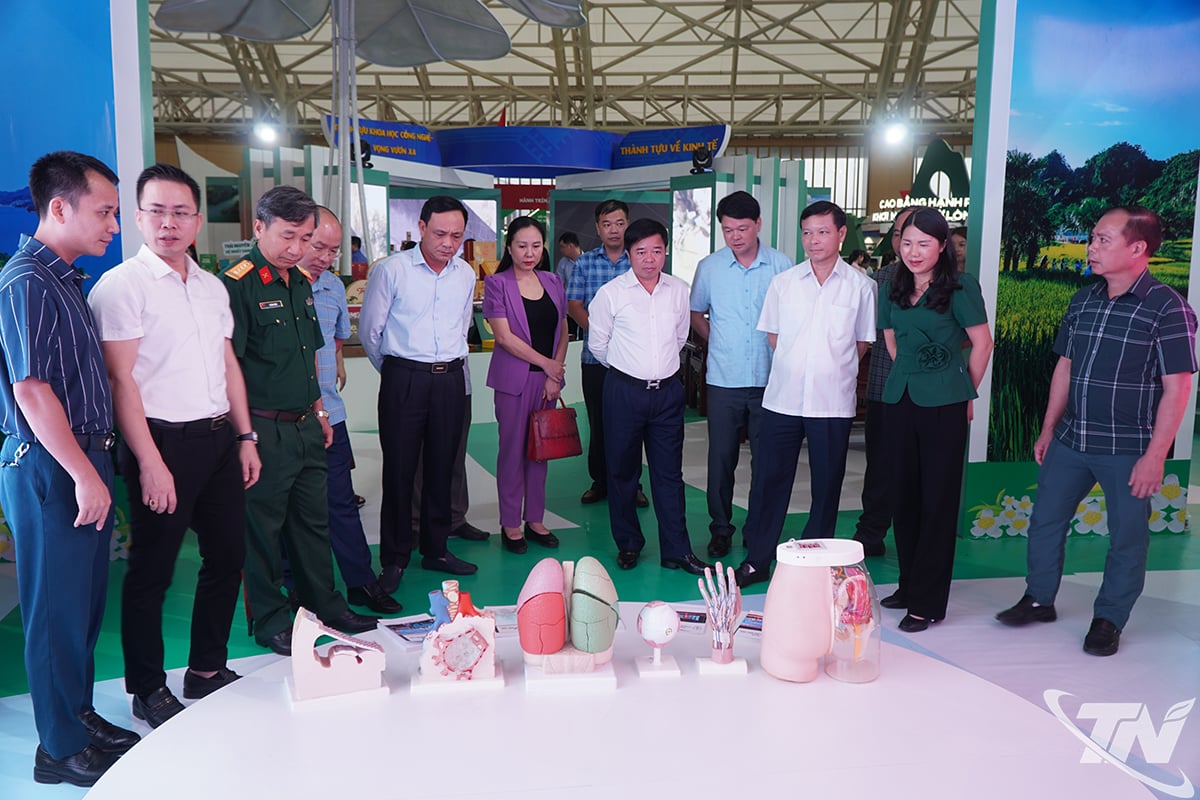

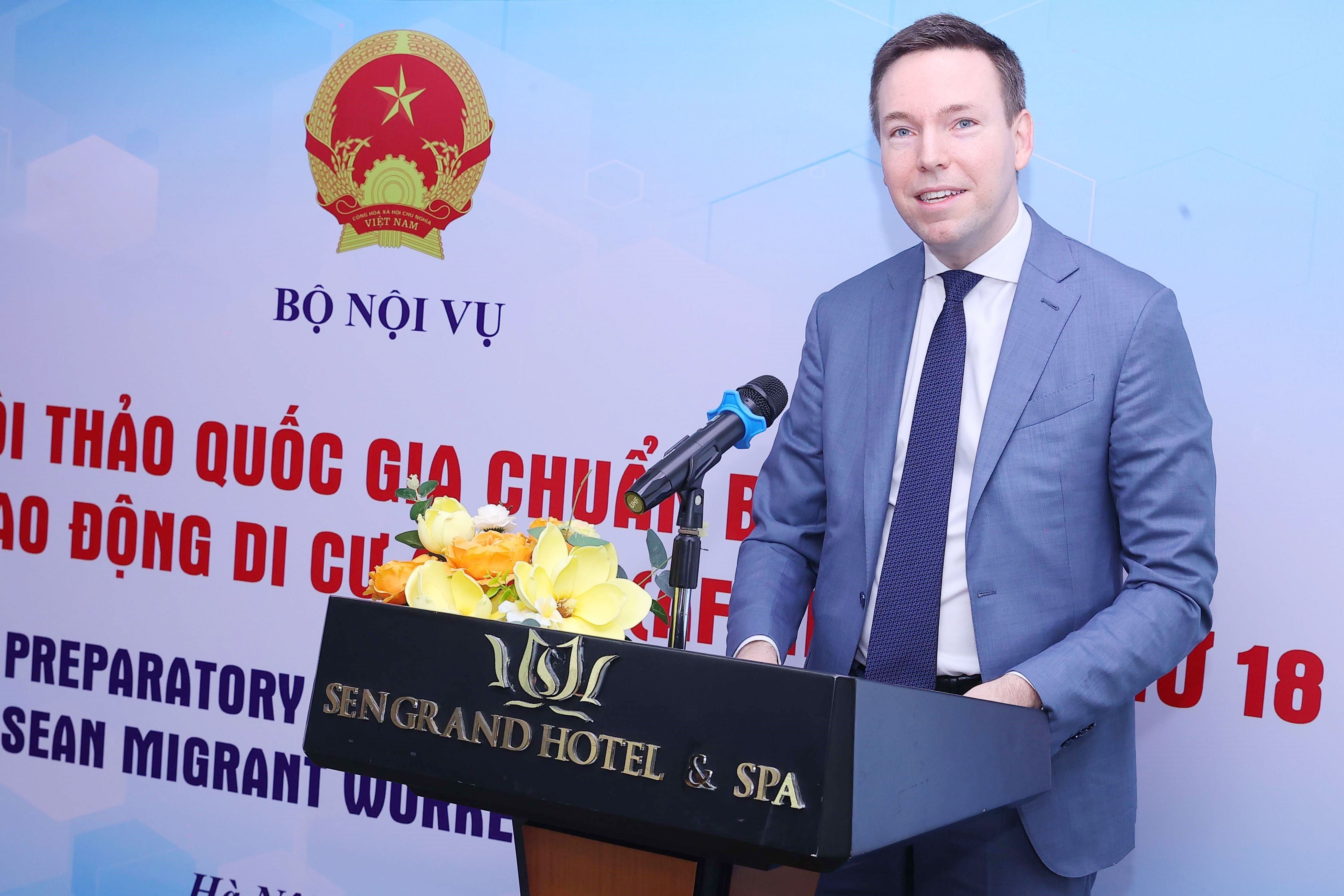















Comment (0)